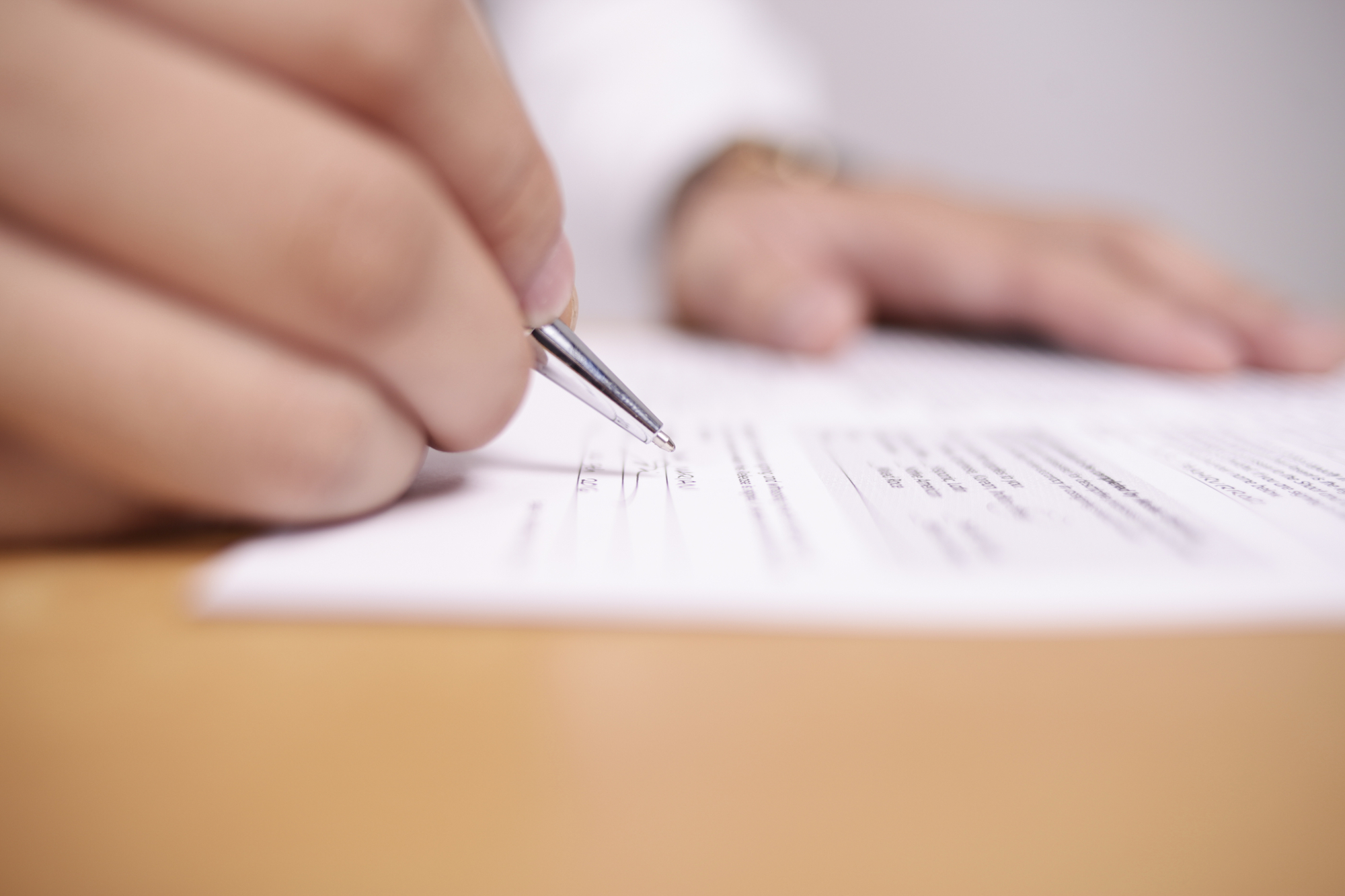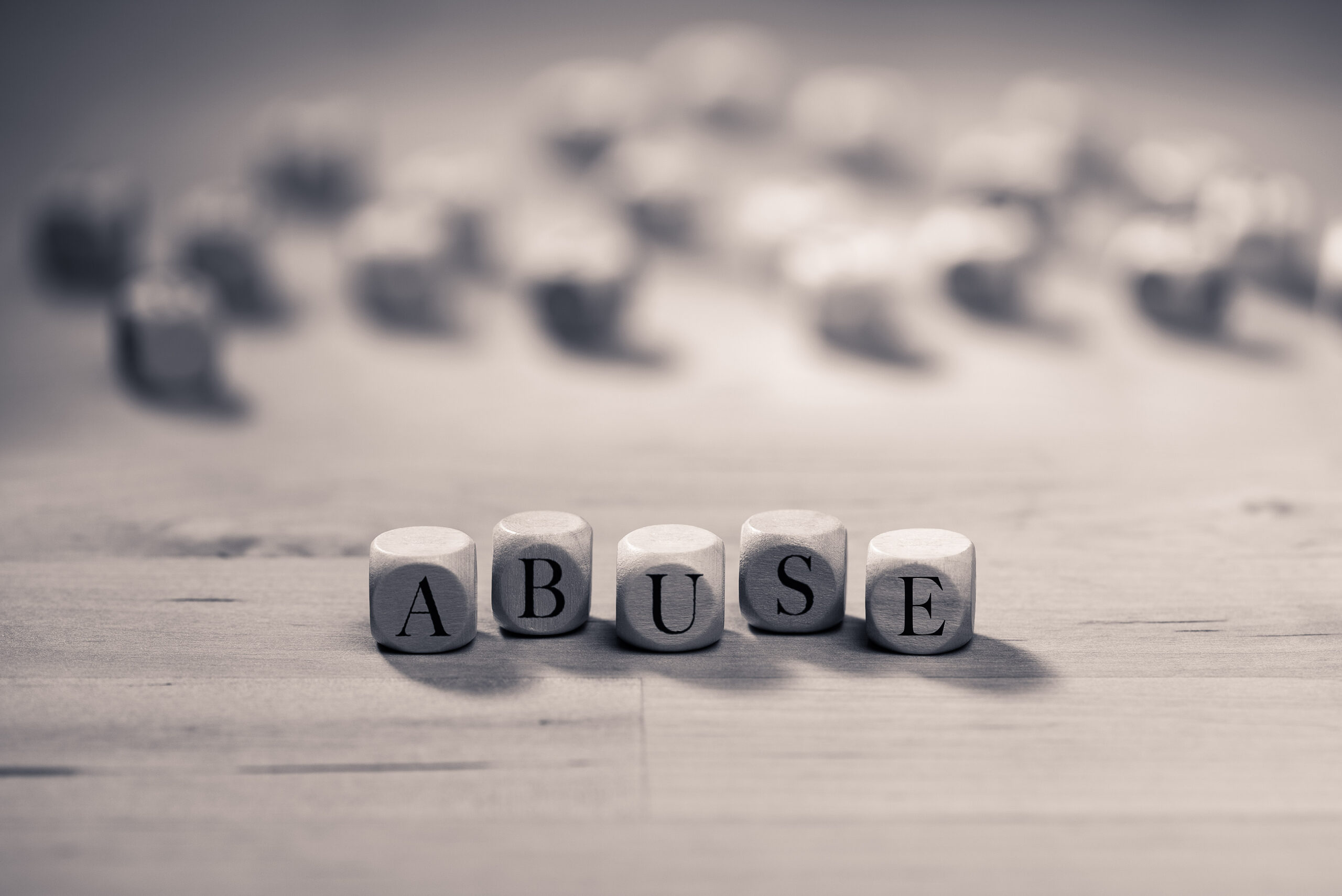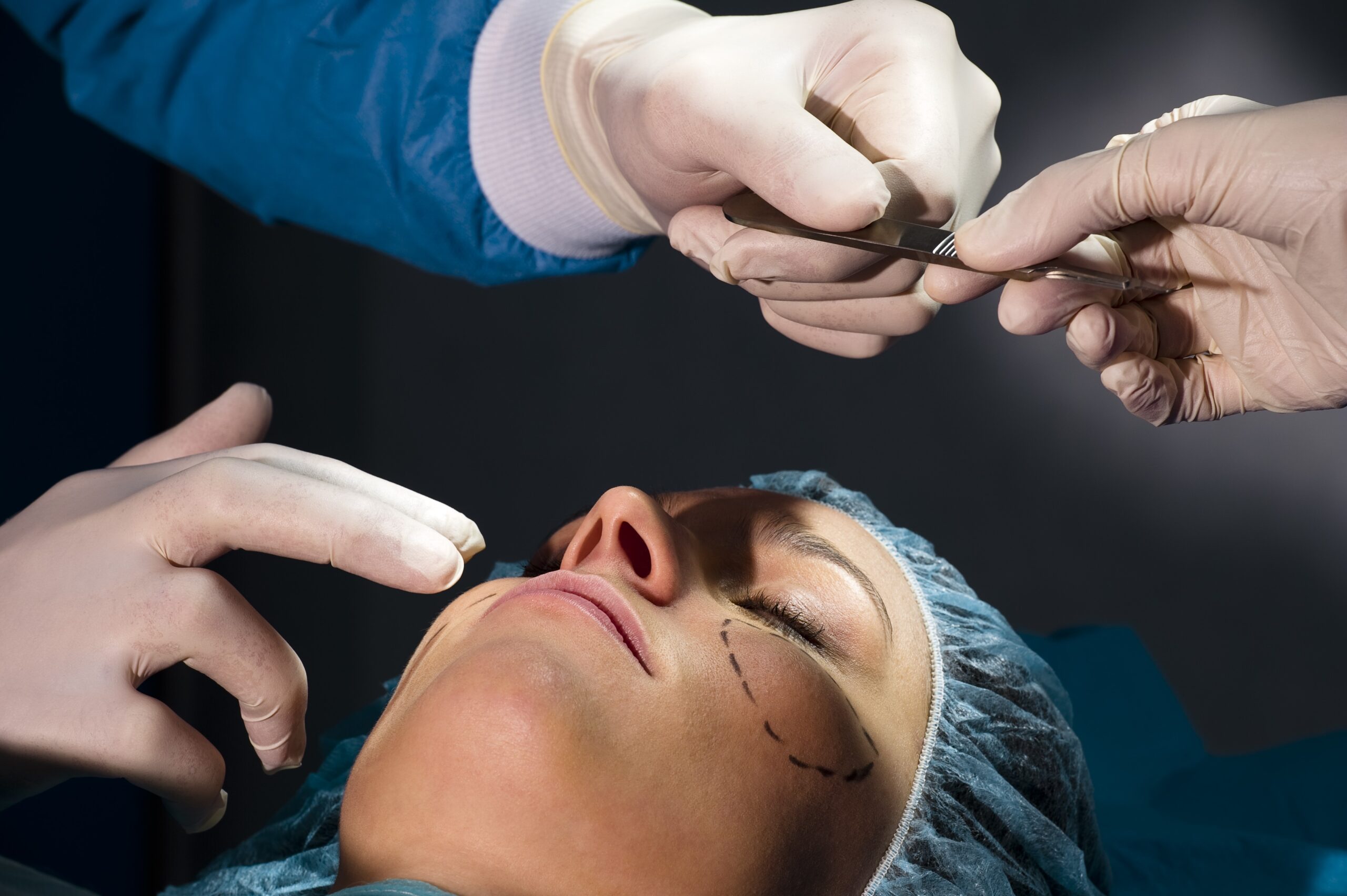In the recent decision of Brighten v Traino [2019] NSWCA 168 the NSW Court of Appeal has confirmed that the Civil Liability Act does apply in some respects to claims for compensation as the result of an assault, particularly where there is a defence by the assailant on the basis of self-defence. The case is also re-states the circumstances in which the owners and operators of licensed premises are liable for injuries suffered by people as the result of the conduct of their intoxicated patrons even when those injuries are suffered outside of the licensed premises.
The Facts
The plaintiff Ms Brighten was with her friend Mr Proven at a licenced establishment in Cronulla. The licensee Mr Traino determined that Mr Proven had become intoxicated and troublesome and made the decision to remove him from the premises. He did so with the assistance of his friend Mr Richardson who was a trained security guard but not in the employ of Mr Traino.
Ms Brighten followed them outside where a melee ensued. Ms Brighten had convinced Mr Proven that it was time to leave and told the others that she would take him home. It looked as though proceedings had ended when Mr Proven moved aggressively back towards Mr Richardson. Ms Brighten was then positioned behind Mr Richardson when he moved backwards. She grabbed his shirt she says to stop him falling back on her. He turned and swung a punch striking her in the face and breaking her jaw. The assault on her also caused her to suffer from PTSD.
Ms Brighten sued Mr Richardson for damages as the result of the assault (as an intentional tort), the licensee Mr Traino and the owner of the establishment. At trial in the District Court, Ms Brighten failed against all. Importantly, she failed against Mr Richardson because the judge decided that Mr Richardson had acted in self-defence (obtaining benefit under section 53 & 53 of the Civil Liability Act). Ms Brighten failed against both the licensee and owner because neither had notice of the potential risk to Ms Brighten.
The judge discounted Ms Brighten’s psychological injuries despite major deficiencies in the expert evidence of the defendants. Consequently, the judge heavily discounted Ms Brighten’s claim for damages for general damages and economic loss damages.
The Judgment
An appeal was filed against the decision, which was heard by the Court of Appeal. The Court decided in favour of Ms Brighten in her case against Mr Richardson and awarded approximately $183,000 in damages.
The basis of the decision hinged on the circumstances in which an assailant could rely on the defence of self-defence under the Civil Liability Act to avoid liability for injuries to their ‘victim’. In order to enliven the defence, it must be shown that the act of the victim was ‘unlawful’ and the response of the assailant/defendant not excessive.
In Ms Brightens case, her actions in putting her arms up and grabbing Mr Richardson’s shirt were both lawful and reasonable and hence the defence did not apply. The Court maintained the lower Court’s decision with respect to the licensee and the hotel owner on the basis that they could not be held responsible for the actions of Mr Richardson, and had no notice of his actions.
In the assessment of damages, it was held that the District Court Judge incorrectly ruled out and prejudicially disregarded Ms Brighten’s mental state and psychological injuries when assessing her loss of income claim.
If you have been injured by someone else’s negligence and as a result are unable to work or require assistance with personal care or medical expenses, we can help.










